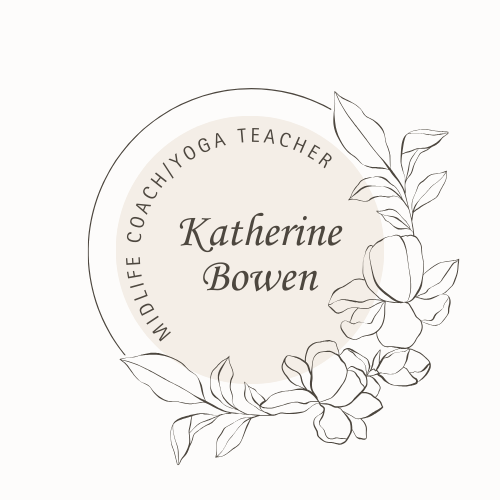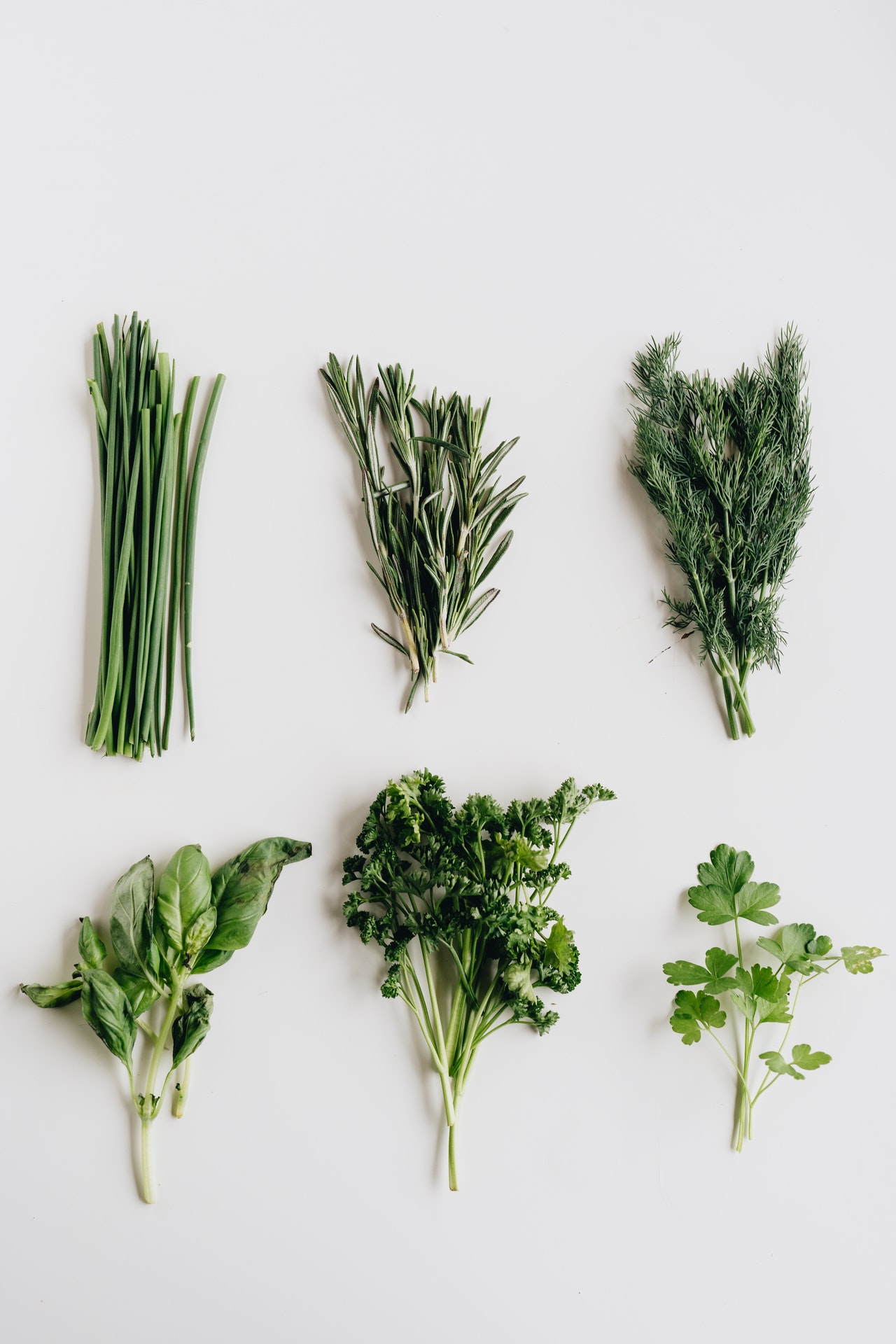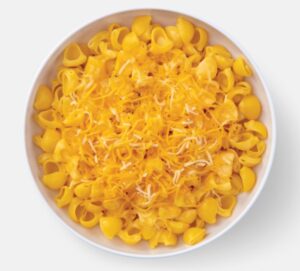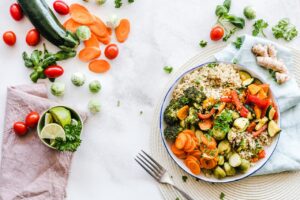If you aren’t using herbs and spices when you are cooking, then you are definitely missing out. They add sooooo much flavor and variety to your food it is really fantastic!
Many people feel overwhelmed at the idea of using herbs and spices but don’t be, they have been around for hundreds of years. I have a few tips for you to start exploring the realm of herbs and spices.
So you’re probably thinking, “what’s the difference between and herb and a spice”? Great question. Really it has to do with what part of a plant you are using. For instance, herbs come from the leaves of plants. They grow close to the ground and are without the woody stems. They thrive in mild climates but can be grown indoors as well.
Spices are generally stronger in flavor. They love warm climates and can come from flowers, fruits, roots, seeds and even bark. For example, clove, nutmeg, black pepper are a few.
Herbs and spices are great alternatives for those cutting back on sugar, salt and/or fat. For example, next time you make a bowl of oatmeal or baking a treat add some cinnamon or allspice into it. They add great flavor and are soothing to the palate.
I happen to like salt and will substitute black pepper, red pepper or dill for a different flavor. The fun is in the adventure, the mystery of what you will create. Mix it up a little and experiment.
Should I Use Fresh or Dried Herbs and Spices
One question I get asked is if they should use fresh or dried herbs. Well, it really is up to you. If you use dried herbs you will not need as much as fresh. However, the pop of color and texture added when using fresh is undeniable. A tablespoon of fresh is equal to about 1 teaspoon of dried or ¼ to ½ teaspoon of ground.
When storing fresh herbs always wash and dry your herbs thoroughly. This is very important to keep them from browning and getting mildew. Soft herbs like parsley, cilantro, dill, basil, tarragon and mint should be treated like fresh flowers. Place them in a glass of cool water and change the water every couple of days. Basil should be kept on the counter in a cool glass of water and place a storage bag loosely over it. That creates its own greenhouse. Place the rest of the herbs in a glass with plastic loosely over them and place in the refrigerator. They will stay fresh for 2-3 weeks this way.
For the woody herbs like chives, thyme, rosemary, sage and oregano wrap them loosely in a damp paper towel. Place this in a re-sealable storage bag in the crisper drawer. Herbs can also be frozen or dried and used later.
Some cooking ideas are add basil just before serving to dishes like salads, pizza, anything Italian, sauces, veggies, or fish. Chives pair nicely with salads, guacamole and salad dressing. Dill is great with potato salad, sour cream, rice or soup. Oregano goes with anything Italian, mushrooms, eggs, or chicken. Alternatively, Parsley tastes great in dips, sauces and spreads.
Man I could go on and on. Remember to start with a small amount about 1/8 of a teaspoon. You can always add more. See how you like the flavor(s) you just added and go from there. Start with a few and experiment with them and gradually add to your herb and spice collection. Go on….get in the kitchen and get creative.
Come back and share what you have made so we can see your new creation!






Pingback: Eat Healthy Fats in a Plant Based Diet - The Subtle Journey
Pingback: Vegetarian Sushi Roll - The Subtle Journey
Pingback: Benefits Of Eating A Rainbow of Colors - The Subtle Journey